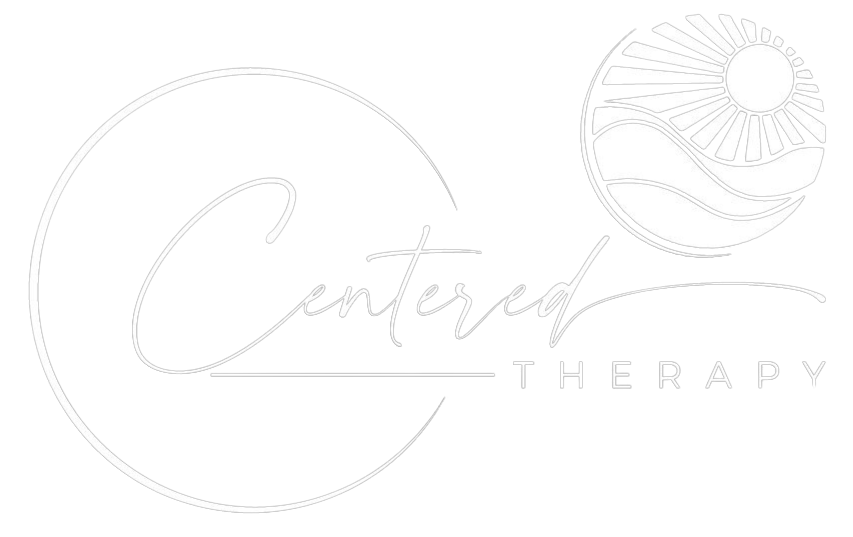Health Psychology is a field that explores the intersection of physical and emotional well-being. Its aim is to enhance health and quality of life by leveraging insights from psychology and neuroscience. At Centered therapy counseling , we offer various programs dedicated to fostering community health. Our approach emphasizes holistic care, recognizing that mental and physical health are interconnected. This means that factors such as emotions, behaviors, and thoughts can influence physical health, and vice versa.
Why Health Psychology and Who Can Benefit
Health psychology is a branch of psychology that focuses on understanding how psychological, behavioral, and social factors impact health and illness. It explores how individuals cope with health-related challenges, manage stress, and adhere to medical treatments. Health psychologists work to promote healthier lifestyles, prevent illness, and improve overall well-being.
People of all ages and backgrounds can benefit from psychological health care. Here are some examples of who might benefit:
- Individuals dealing with chronic illnesses or medical conditions: Health psychologists can help them cope with the emotional and psychological aspects of their condition, as well as develop strategies for managing symptoms and adhering to treatment plans.
- Those facing significant life changes or stressors: Whether it’s adjusting to a new diagnosis, coping with a major life transition, or managing stress at work or home, health psychologists can provide support and guidance to navigate these challenges effectively.
- People striving to adopt healthier behaviors: Whether it’s quitting smoking, improving diet and exercise habits, or managing weight, health psychologists can offer strategies and support to help individuals make sustainable lifestyle changes.
Individuals seeking to enhance overall well-being: Even those who are relatively healthy can benefit from health psychology by learning stress management techniques, improving coping skills, and enhancing resilience to better handle life’s challenges
Services Available Through Health Psychology Programs
Chronic Pain Management (Living with Persistent [Chronic] Pain)
Chronic or Persistent Pain is pain that lasts more than several months. It means the body is no longer able to heal the damage leading to the pain. Approximately 100 million U.S. adults are affected by chronic pain. That is more than the number affected by heart disease, diabetes, and cancer combined.
Sometimes there does not appear to be a medical solution to get rid of the pain. This pain can have a major effect on someone’s mood, relationships, thoughts, and productivity.
The Institute of Medicine’s National Pain Strategy calls for integrated pain care:
“Healthcare providers, insurers, and the public need to understand that although pain is universal, it is experienced uniquely by each person, and care—which often requires a combination of therapies and coping techniques—must be tailored. Pain is more than a physical symptom and is not always resolved by curing the underlying condition. Persistent pain can cause changes in the nervous system and become a distinct chronic disease.”
Centered therapy counseling has many clinicians who have expertise in dealing with chronic or persistent pain. We offer groups that provide information, support, and therapy. We also have many other services that address pain.
Chronic Pain treatment options include:
Evaluation: A pain specialist can meet with you to talk about your pain experience. The psychologist or counselor will outline options for helping improve your pain experience.
Groups: We offer “Explain Pain” groups that follow evidence-based processes informed by neurobiology and behavioral psychology. For clients who have completed the “Explain Pain” group, we offer Advanced Self-management groups with a focus on practical skills to manage pain provided in an experiential, supportive group environment.
Consultation & Coordination of Care: Our pain specialists can offer a second opinion or consultation regarding pain management. Pain specialists can work with medical providers to coordinate care.
Medication Assisted Treatment: For people who are wishing to detox from opioids, there are alternative medical assisted programs.
Addictions Treatment: Substance Abuse Treatment Programs including Chemical Dependency Evaluation can help with addictions issues, whether due to opioids or other substances.
Bariatric Psychological Evaluations
Bariatric Psychological Evaluations are crucial assessments conducted before gastric surgery to evaluate a patient’s mental and emotional readiness for the procedure. They help identify potential psychological barriers and ensure patients have the necessary coping skills for post-operative success, improving overall surgical outcomes and patient well-being.
Centered therapy counseling mental health care team comprising psychologists and psychiatrists, provide comprehensive psychological evaluations for potential candidates for gastric bypass surgery, ensuring holistic care for patients’ mental and physical well-being.
Transgender Evaluations
Transgender evaluations are comprehensive assessments conducted to support individuals exploring gender transition. They involve exploring gender identity, mental health, and readiness for medical interventions like hormone therapy or surgeries. These evaluations aim to provide personalized care, validate identity, and ensure informed decision-making throughout the transition process.
For each of these areas, check our provider directory to identify a practitioner near you who has that specialty.


